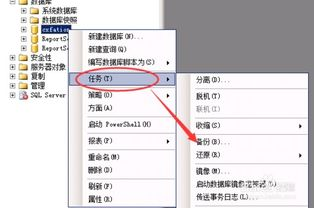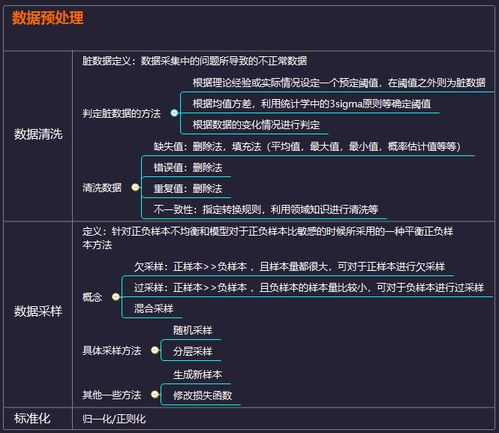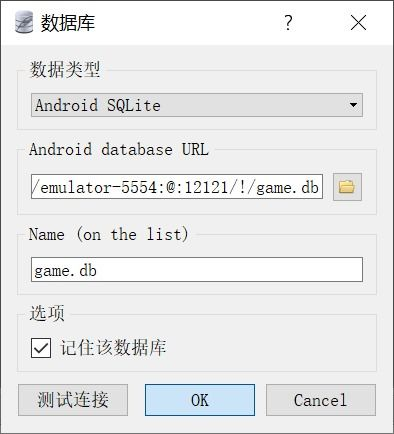System Objects in ASP.NET: Understanding the Core Components
What are System Objects in ASP.NET?
System objects in ASP.NET refer to the critical components that provide essential features for developing web applications. These objects allow developers to access and manipulate various aspects of the ASP.NET framework, aiding in the creation of dynamic and interactive web pages. The importance of these objects lies in their ability to simplify complex tasks such as session management, request handling, and more.
Key System Objects in ASP.NET
- HttpContext
- HttpRequest
- HttpResponse
The HttpContext object provides a way to interact with the http request and response. It encapsulates all HTTP-specific information about an individual request, including the request and response objects, user data, and application session information. This makes it a crucial component for managing the state and behaviour of an ASP.NET application.
The HttpRequest object allows developers to access specific data from an incoming request. It contains useful methods and properties to retrieve query string values, form data, cookies, and server variables. Understanding the HttpRequest object is vital for managing user input and ensuring that web applications function correctly.
Similar to HttpRequest, the HttpResponse object provides properties and methods to send data back to the client. For example, developers can set HTTP status codes, modify headers, and write output content. The HttpResponse object is indispensable for controlling the content returned to the user's browser.
Session State Management
ASP.NET supports session state management through various system objects, which can be used to store user-specific data across multiple requests. This is particularly important for applications that require user authentication, shopping carts, and personalized experiences. The key objects involved in session state management include:
- Session
- Application
The Session object allows developers to store and retrieve user-specific data throughout a user's session. Each user has a unique Session object that remains consistent until they log out or their session times out. Utilizing the Session object enhances user experience by maintaining continuity and personalization.
In contrast to the Session object, the Application object is used for storing data that is shared across all users in an ASP.NET application. This can include application-level settings or global variables that need to be accessed by multiple users. The Application object is crucial for scenarios requiring consistent information across sessions.






